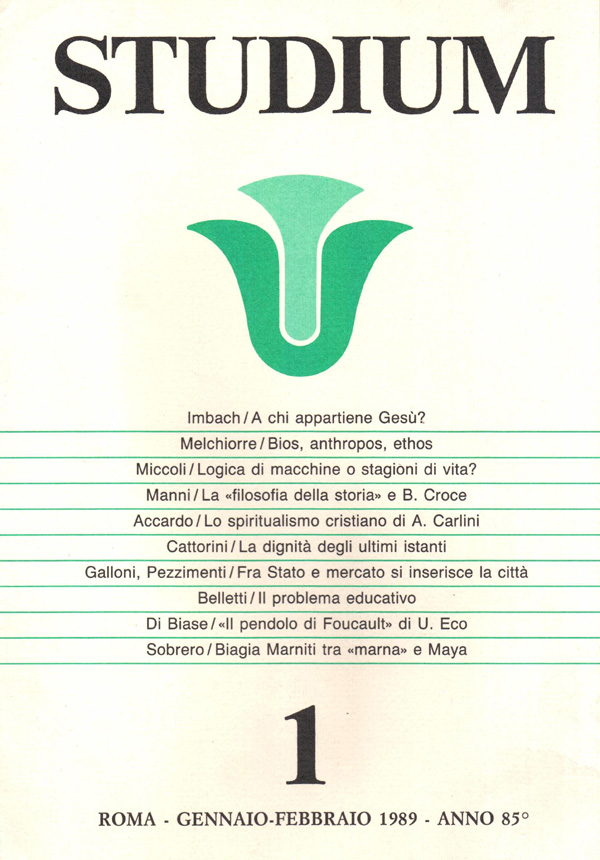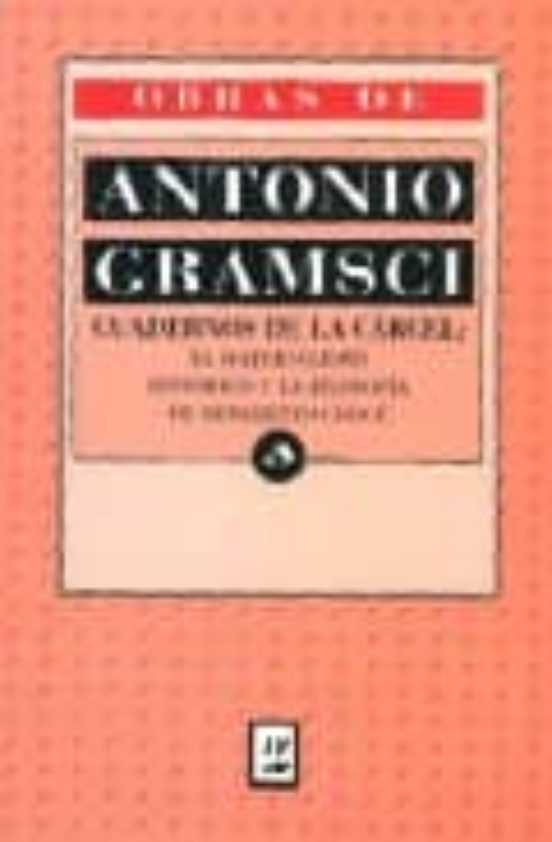



Benedetto Croce, Giovanni Gentile, and Antonio Gramsci either adopted or challenged his approach to the philosophical problem and drew from it insights for their reflections. Lastly, the impact of his writings on the development of the theory and philosophy of history was addressed and discussed by Ernst Bernheim, Charles Andler, Emile Durkheim, and Charles Seignobos. The revival of Labriolian studies in the last decades of the 20th century was fuelled by the discovery of a previously unknown substantial part of the epistolary exchange between Labriola and prominent personalities of his time. This helped to promote the Edizione Nazionale delle Opere (National edition of the works), launched by the publisher Bibliopolis in Naples with Carteggio, edited by Stefano Miccolis (Naples: Bibliopolis, 2000-2005), and up to now the publication of eight of the thirteen volumes planned. First and foremost, he rejected the teleological point of view – advanced by many communist scholars in the second half of the 19th century and by quite a few in the 20th – according to which it is possible to envisage or “foresee” future society. Instead of a grand narrative or a total vision capable of telling us what the future will or should be like, Labriola conceives of Marx’s historical dialectic as a “philosophy of praxis”. This statement alludes to a philosophical criterion that can be used to draw the different aspects of concrete realities into a unified vision, based on the practical nexus that lies at the heart of the social dynamic. For Labriola, the discovery of the practical nexus does not mean reducing political ideas and institutions to reflections of economic data, but instead helps to conceptualise culture, politics, and the facts of individual consciousness themselves in a tensile relationship with the struggle for basic needs. Therefore, as we shall argue at the end, the issue of knowledge cannot be separated from that of action.įriedrich Engels, Eduard Bernstein, Georges Sorel, Karl Kautsky, and Vladimir Il’ič Lenin – just to mention the most important names – considered Labriola’s writings decisive for theoretical Marxism.

Edizione nazionale delle opere di Antonio Labriola, 13 vols. Naples: Bibliopolis, Napoli, 2012-.Īt the turn of the 20th century, Antonio Labriola developed a critical conception of Marxism that still merits consideration today.


 0 kommentar(er)
0 kommentar(er)
